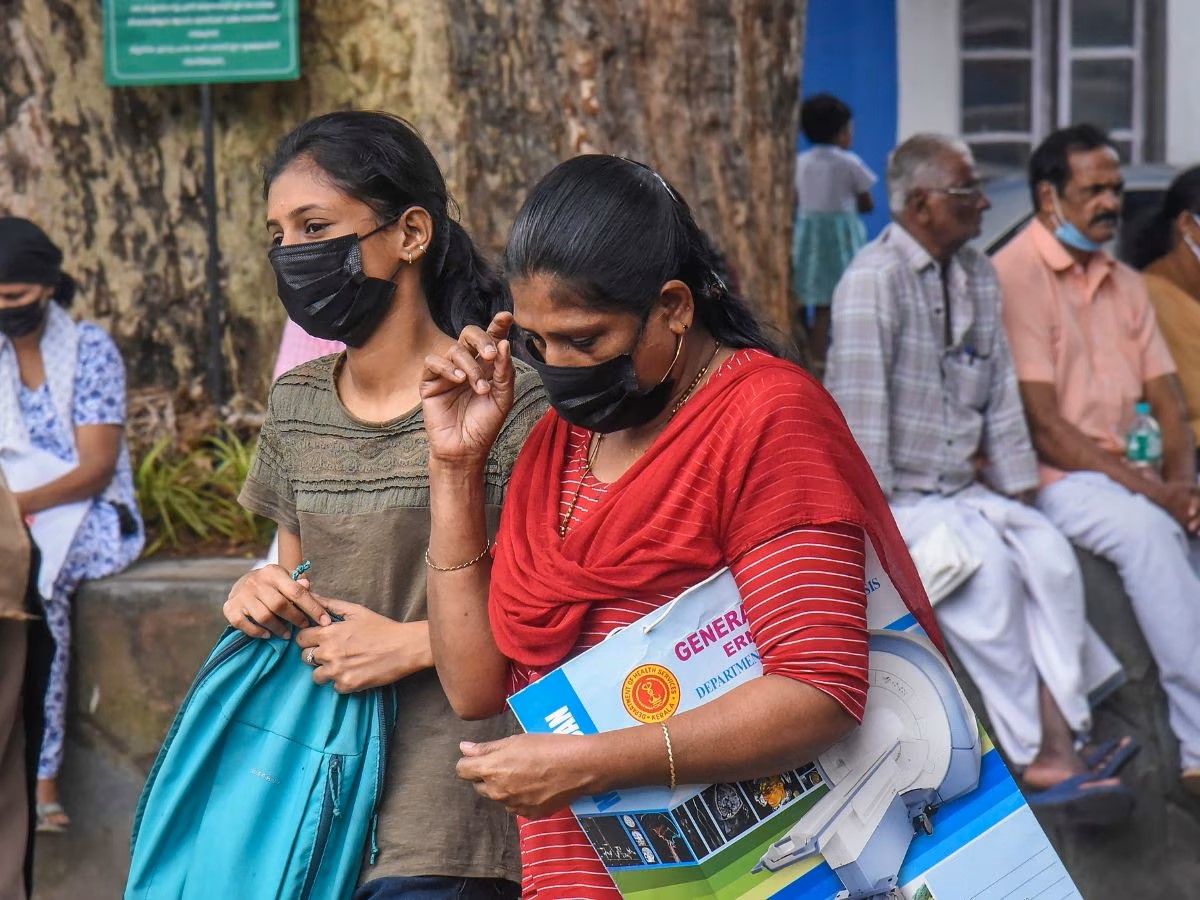In a recent development, the Supreme Court of India dismissed the apologies submitted by Patanjali founders Ramdev and Balkrishna regarding the company’s misleading advertisements. The court firmly stated, “We don’t want to be so lenient in this matter,” questioning why the apology should not be treated with the same disregard as shown in the court’s orders.
 A bench comprising Justices Hima Kohli and Ahsanuddin Amanullah remarked that the apologies seemed insincere and were merely on paper. They criticised the founders for what they deemed as willful and repeated violations of court orders.
A bench comprising Justices Hima Kohli and Ahsanuddin Amanullah remarked that the apologies seemed insincere and were merely on paper. They criticised the founders for what they deemed as willful and repeated violations of court orders.
Expressing dissatisfaction with the Centre’s response, the court also reprimanded the Uttarakhand government for its inaction against Patanjali Ayurved’s violations. The court demanded accountability, suggesting that officials involved in negligence should face suspension.
Furthermore, the court raised concerns about the alleged collusion between the Uttarakhand government and Patanjali Ayurved. Justice Kohli admonished the state licensing authority for turning a blind eye to the violations, implying complicity in the matter.
The court emphasised the importance of transparency in advertising, particularly in the realm of alternative medicine. Justice Kohli criticised Patanjali’s claims of being a pioneer in Ayurvedic medicine, stating that the Indian public is well aware of both traditional and modern medical practices.
The Supreme Court’s stringent stance comes amid ongoing contempt proceedings against Patanjali, initiated by the Indian Medical Association (IMA). The court had previously issued warnings to Ramdev and Balkrishna after the company failed to comply with court orders regarding its advertisements.
In response, Ramdev and Balkrishna tendered unconditional apologies, acknowledging their breach of court orders. They assured the court that such violations would not recur, expressing regret for their actions and pledging to uphold the law.
The court’s rejection of the apologies underscores its commitment to upholding legal integrity and ensuring compliance with its directives.




